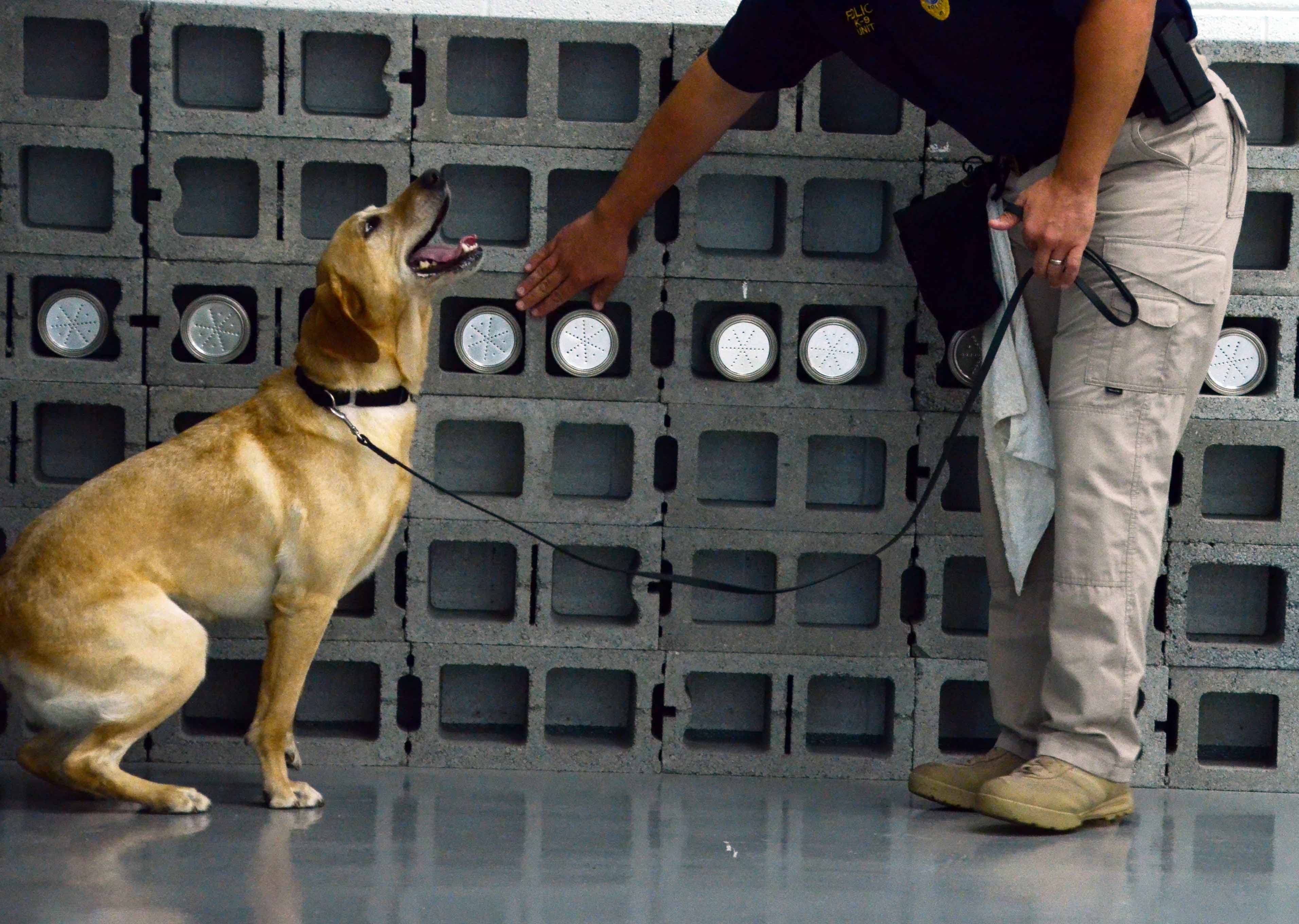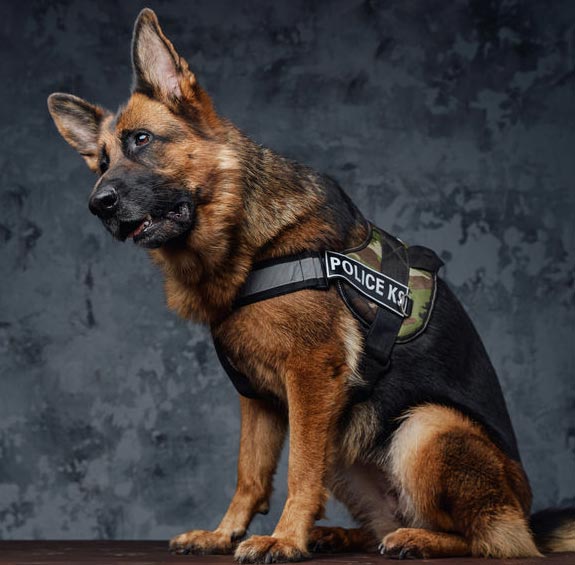Ohana K9 Academy: Providing safe and positive training environments.
Ohana K9 Academy: Providing safe and positive training environments.
Blog Article
Crucial Pet Training Strategies for a Life Time of Etiquette
Effective pet dog training is fundamental to promoting a mannerly friend that enriches our lives. Comprehending canine habits and utilizing socializing techniques can protect against possible issues prior to they occur.
Understanding Dog Habits

In addition, recognizing the innate instincts and drives of a pet dog-- such as victim drive, social communications, and territorial habits-- allows trainers to anticipate and manage particular habits. A canine with a strong target drive may call for different approaches than one that is extra socially inclined.
Additionally, early socializing and exposure to various atmospheres substantially affect a pet's habits and character. Favorable experiences throughout vital developing periods can bring about well-adjusted grown-up pet dogs, whereas adverse experiences may cause stress and anxiety or aggression.
Favorable Reinforcement Techniques
Among the various dog training techniques, positive reinforcement methods stick out for their efficiency and capacity to enhance the bond between canine and trainer (Ohana K9 Academy). This strategy stresses gratifying desired habits as opposed to punishing undesirable ones, fostering an extra cooperative and trusting partnership
Positive reinforcement can take numerous types, including deals with, praise, toys, or play. The key is to offer immediate rewards when the canine displays the preferred habits, permitting them to make the connection between the action and the favorable result. If a dog sits on command, providing a reward right away enhances that behavior, making it extra likely to be duplicated.
Uniformity is crucial in positive support training. Instructors need to use the same cues and benefits to avoid perplexing the pet. In addition, varying the rewards can keep the pet dog's passion and motivation, transitioning from constant deals with to occasional praise or play as the canine masters the habits.

Standard Command Training
Structure on the structure established via favorable support techniques, basic command training works as an essential action in developing a well-mannered pet dog. This training generally incorporates necessary commands such as "rest," "remain," "come," and "down - Ohana K9 Academy." Each command plays an important role in cultivating effective here are the findings interaction between the dog and its proprietor, improving the overall bond
To initiate fundamental command training, pick a quiet environment devoid of disturbances. Begin with short, focused sessions lasting no even more than 5 to 10 minutes to preserve your canine's focus. Utilize high-value deals with as incentives, guaranteeing the pet dog associates right habits with favorable outcomes. When instructing a command, utilize a clear, constant spoken cue come with by hand signals to strengthen understanding.
Persistence is vital; pets may need countless reps to understand commands fully. Regular technique strengthens found out commands, strengthening them in your canine's behavior arsenal.
Socializing Methods
In the realm of pet dog training, socializing strategies are necessary for cultivating a well-adjusted and confident canine buddy. Effective socializing you can try these out includes subjecting your pet to a range of atmospheres, individuals, and various other animals in a regulated and my latest blog post favorable way. The key goal is to help your pet establish a convenience level with varied experiences, which can dramatically reduce fear and anxiousness in unfamiliar situations.
Begin socialization during the crucial developmental window of 3 to 14 weeks, when young puppies are most responsive to new experiences. Present your canine to different setups, such as parks, metropolitan locations, and homes with other pets. Guarantee these experiences are positive by utilizing deals with and praise to reinforce good habits.
Team training courses are an outstanding way to subject your canine to various other dogs and individuals in an organized setting. This enables supervised interactions, assisting your dog discover suitable social hints. Normal outings and playdates with courteous pet dogs can additionally boost social skills.
Attending To Behavioral Concerns
Attending to behavior issues in canines is a crucial facet of training that requires a systematic technique and understanding of canine habits. Common problems such as barking, chewing, aggressiveness, and anxiety can come from different variables, consisting of absence of socializing, not enough workout, and even clinical worries.

In addition, developing a structured regimen that includes routine workout and psychological stimulation can considerably relieve behavioral concerns. Interactive toys can maintain a dog engaged and minimize damaging propensities. In cases of severe aggressiveness or stress and anxiety, speaking with a professional canine instructor or a veterinary behaviorist might be necessary.
Conclusion
In final thought, effective dog training techniques, including positive reinforcement, basic command training, and socialization, are crucial for cultivating excellent actions throughout a pet dog's life. Attending to behavior concerns with a methodical approach not only enhances obedience but additionally enhances the bond between pet dogs and their owners.
Report this page